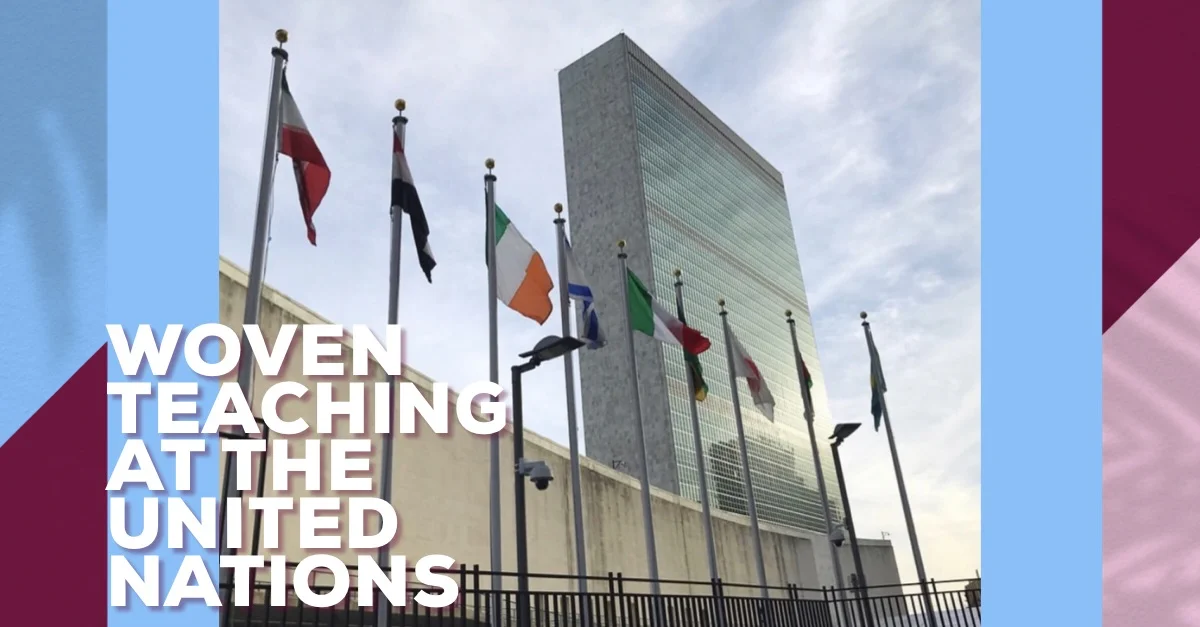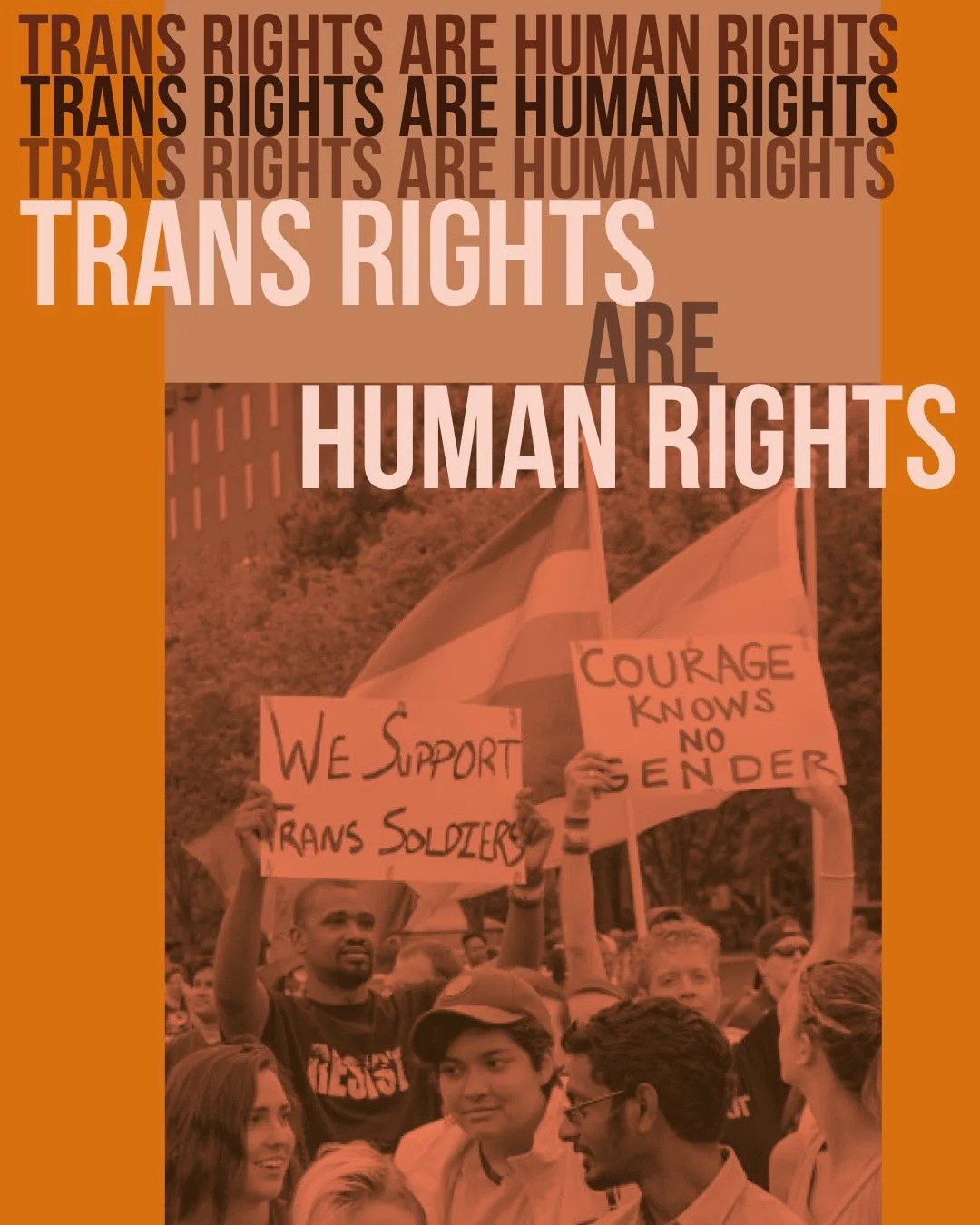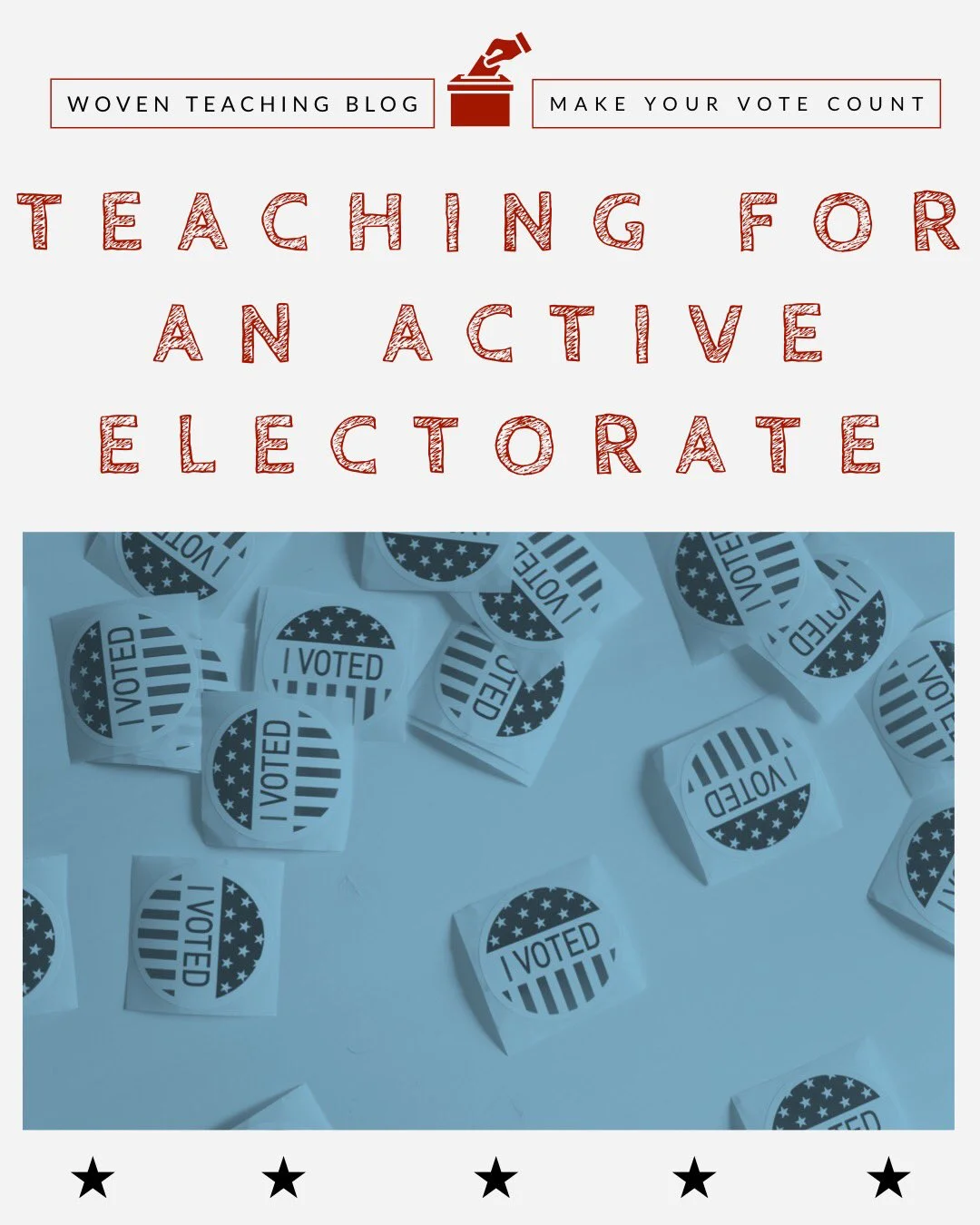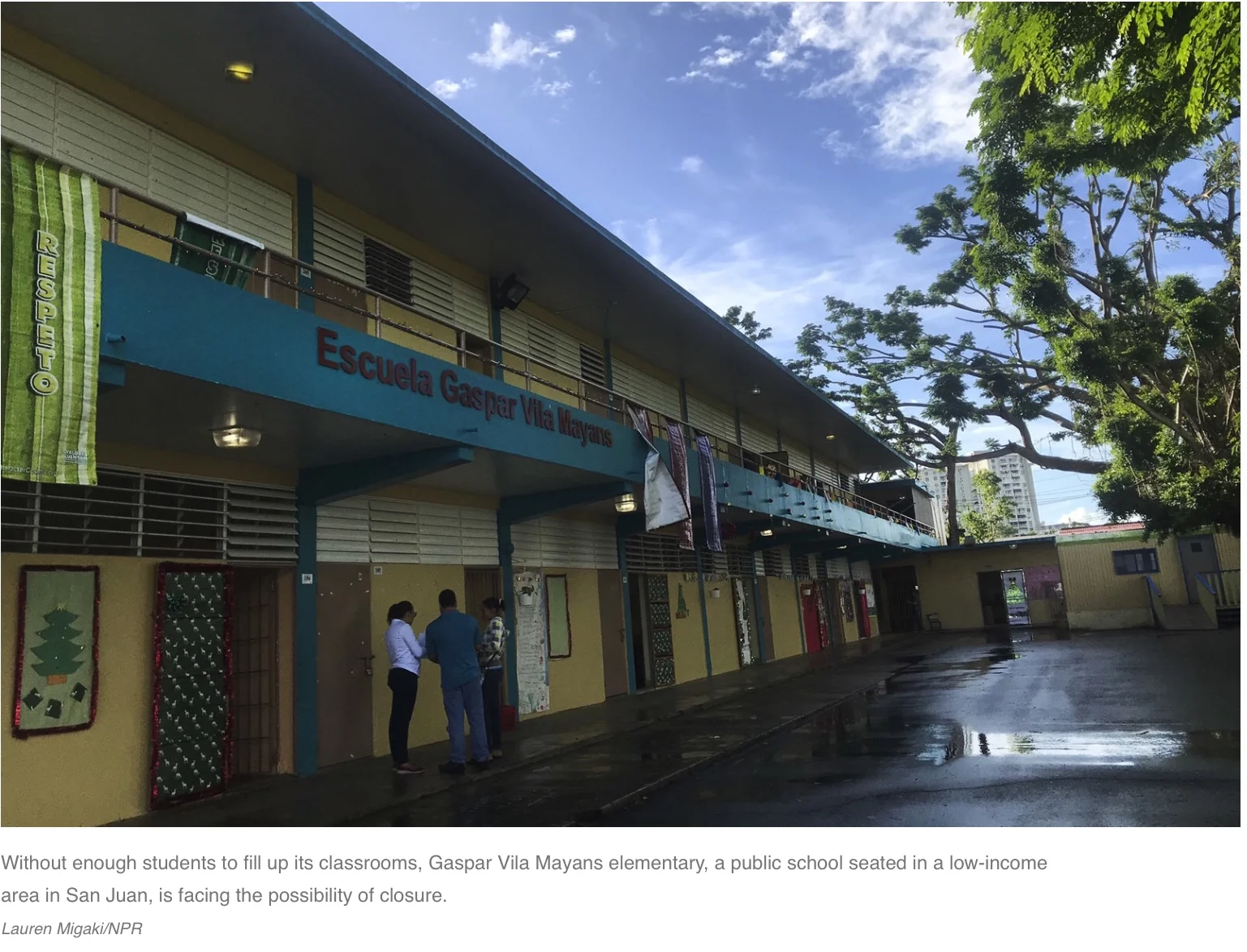UN Youth ECOSOC Forum and Youth Activism
/In a new wave of human rights activism, young activists are rising up, taking action, and calling for change. Woven Teaching’s Director of Development, Shivani Banfal, spent time with young activists at this year’s UN Youth ECOSOC Forum.
Read More














